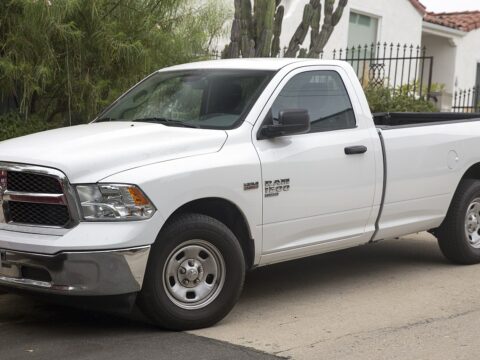Buying a used car can be a smart way to save money, but it’s important to do your homework first. There are several factors to consider, from the car’s condition to its history, and knowing what to look for can save you from potential headaches down the road. In this article, we’ll walk you through 15 essential tips to help you make a confident and informed decision when purchasing a used car.
Contents
Set a Budget

Establishing a clear budget is crucial before starting your search for a used car. It helps you avoid overspending and ensures that you consider all associated costs, such as insurance, registration fees, taxes, and future repairs. By knowing your financial limits upfront, you can focus on vehicles that fit your price range and avoid unnecessary financial strain down the road.
Research the Car’s Market Value
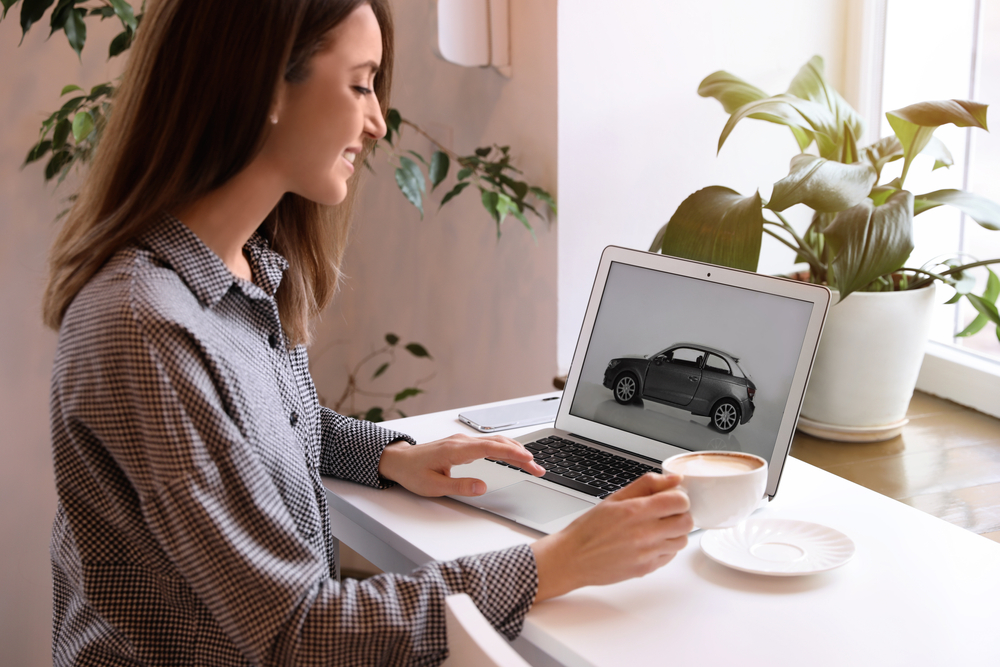
Knowing the fair market value of a car is essential for negotiating a reasonable price. Tools like Kelley Blue Book or Edmunds can help you compare prices across models, makes, and years, giving you a solid reference point. This ensures you don’t overpay and gives you leverage to negotiate a deal closer to or below market value.
Check the Vehicle’s History Report
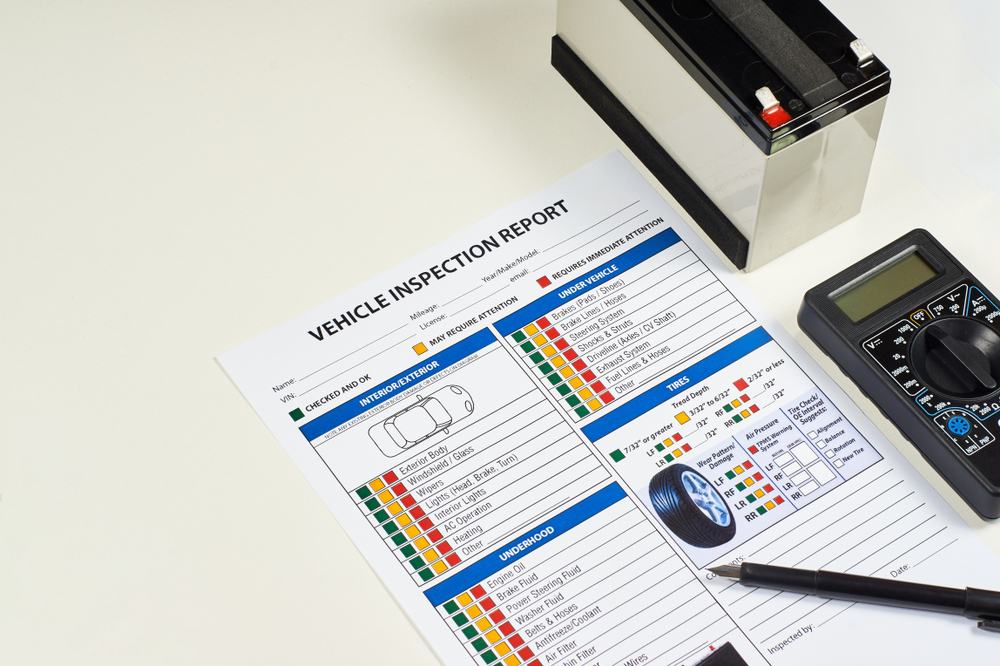
A vehicle history report from services like Carfax or AutoCheck reveals critical information about a car’s past, including accidents, title issues, and prior ownership. This report can help you avoid vehicles with hidden damage or legal problems, ensuring you make a safe and informed purchase.
Inspect the Car in Daylight
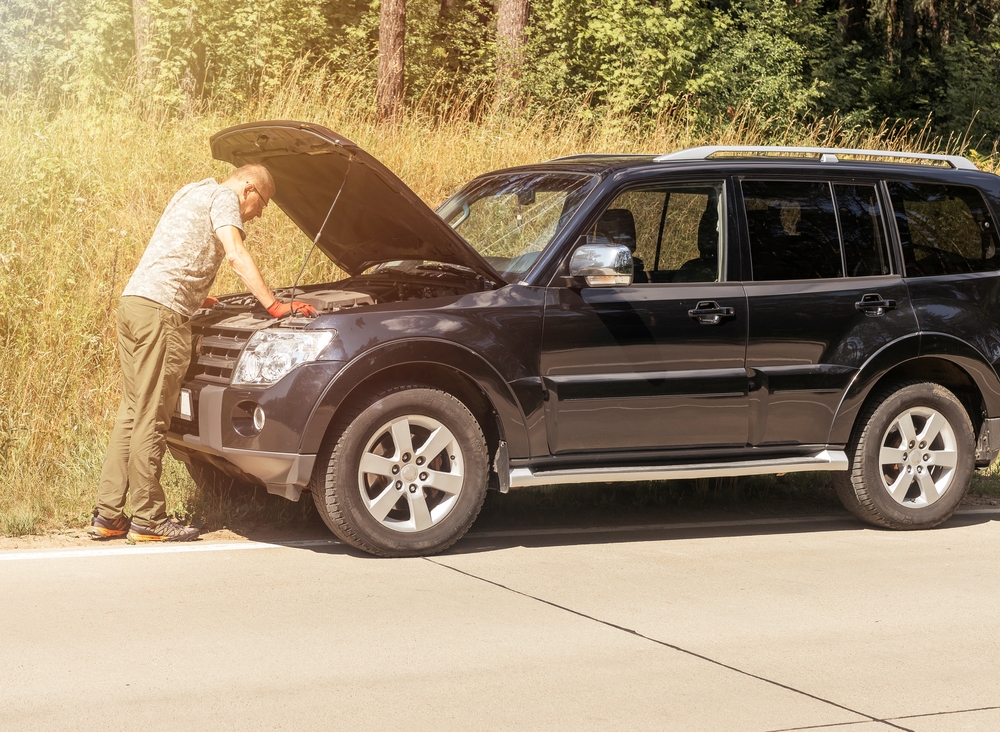
It’s easier to spot imperfections such as dents, rust, or paint inconsistencies during daylight. Nighttime inspections or dimly lit areas can hide issues that might not be immediately apparent but could lead to costly repairs later. Always check the car in natural light to ensure transparency.
Take It for a Test Drive

A test drive is an essential part of evaluating a car’s performance. Testing the car on various road types will help you assess how it handles different conditions, while also allowing you to gauge its braking, acceleration, steering, and suspension. This firsthand experience will help you catch potential mechanical issues.
Look for Odd Noises

Strange noises from the engine, brakes, or suspension can indicate underlying mechanical problems. Listen closely for any clunking, grinding, or squeaking sounds during the test drive, as these might point to expensive repairs or necessary part replacements, which could make the purchase less worthwhile.
Check for Rust
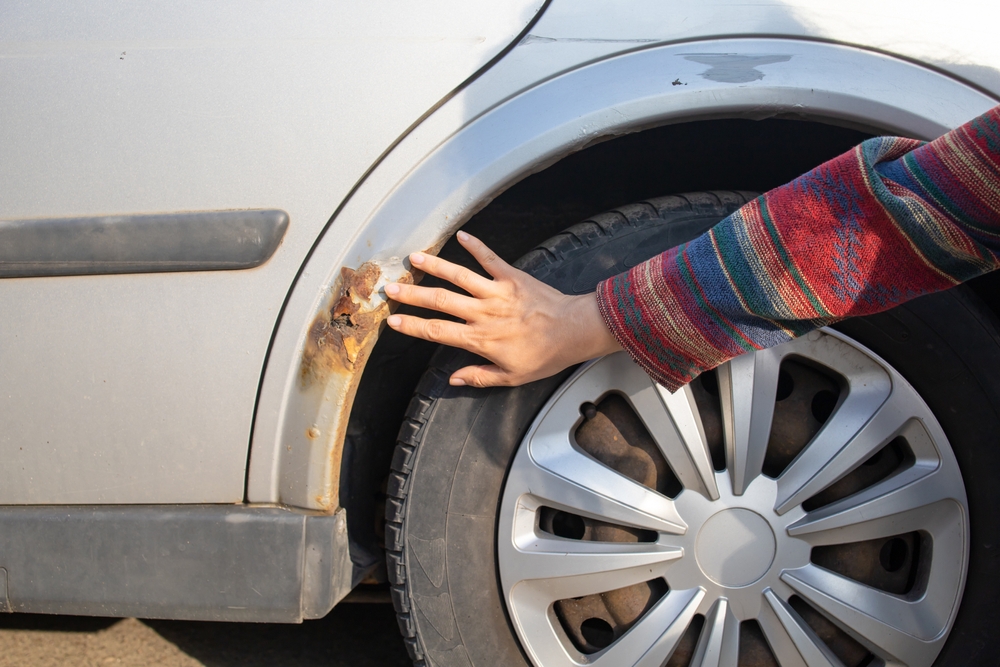
Rust can quickly spread and compromise a car’s structural integrity. Inspect areas like the undercarriage, door panels, and wheel wells for signs of rust, as it can weaken metal components and lead to costly repairs. Avoid vehicles with extensive rust damage, especially if it affects critical parts.
Verify the Odometer Reading
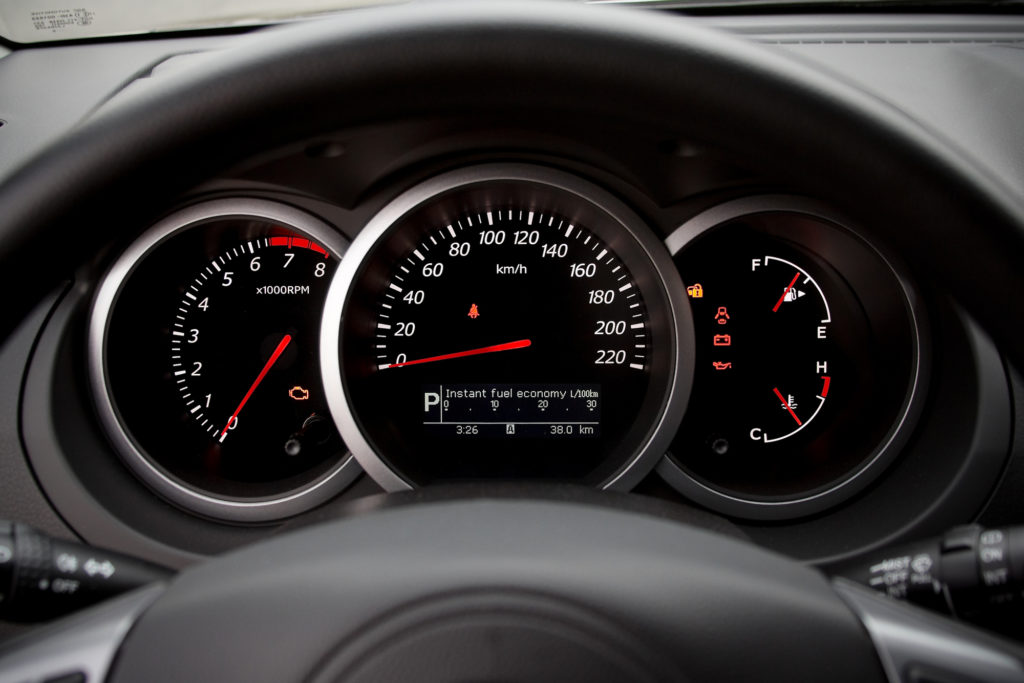
A car’s mileage provides valuable insight into its wear and tear. Compare the odometer reading with the vehicle’s maintenance records and overall condition. High mileage may mean more frequent repairs in the future, while lower mileage can indicate a better long-term investment if the car has been maintained properly.
Have a Mechanic Inspect It
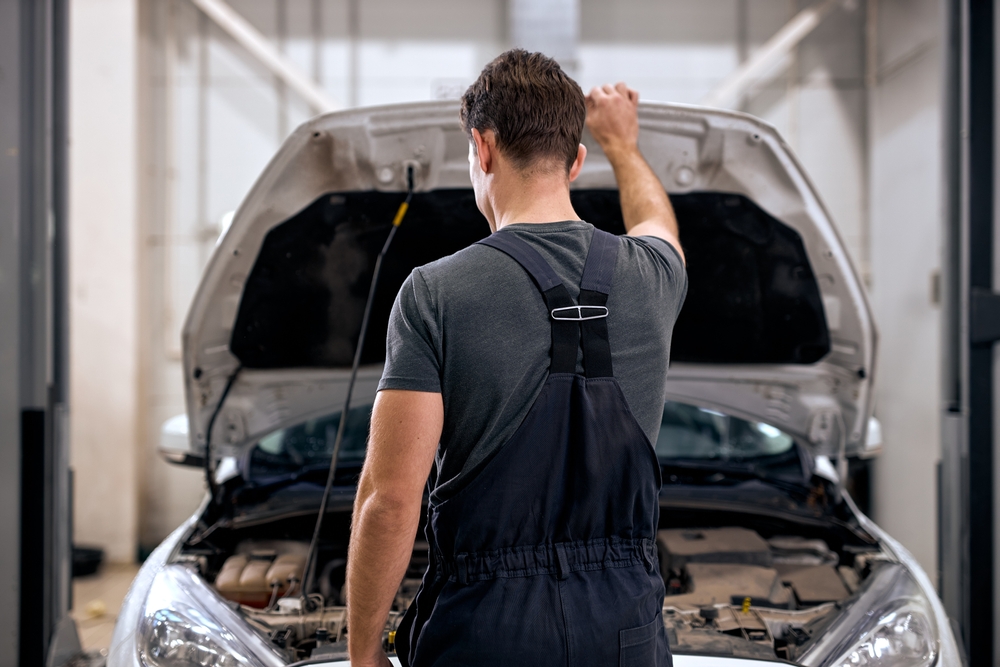
Even if you’re confident in your own inspection, a professional mechanic can identify issues that are easy to overlook. Having the car checked for mechanical problems, leaks, or hidden damage ensures you know exactly what you’re buying and prevents unexpected repair costs after the purchase.
Check for Recalls
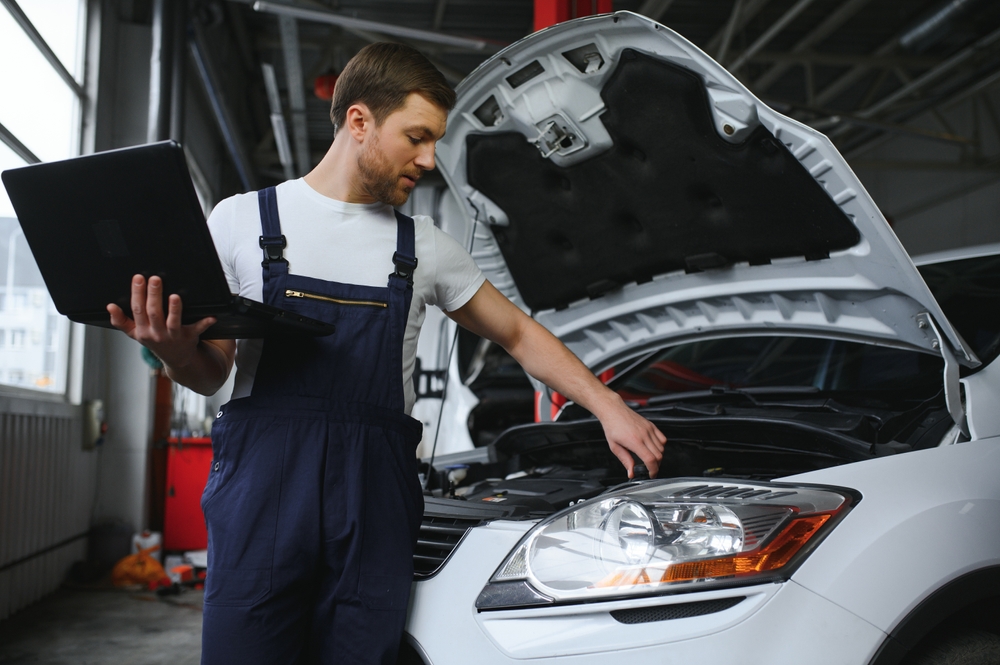
Recalls can affect a car’s safety and performance. Ensure that the vehicle has no outstanding recalls by checking the VIN through websites like the National Highway Traffic Safety Administration (NHTSA). If there are open recalls, make sure the necessary repairs have been made before finalizing the purchase.
Examine the Tires

Tires can tell you a lot about how well the car has been maintained. Uneven tire wear might suggest alignment or suspension problems. Check the tires for adequate tread and ensure they’re in good condition, as replacing all four tires can be an expensive task if not factored into the price.
Ask for Maintenance Records
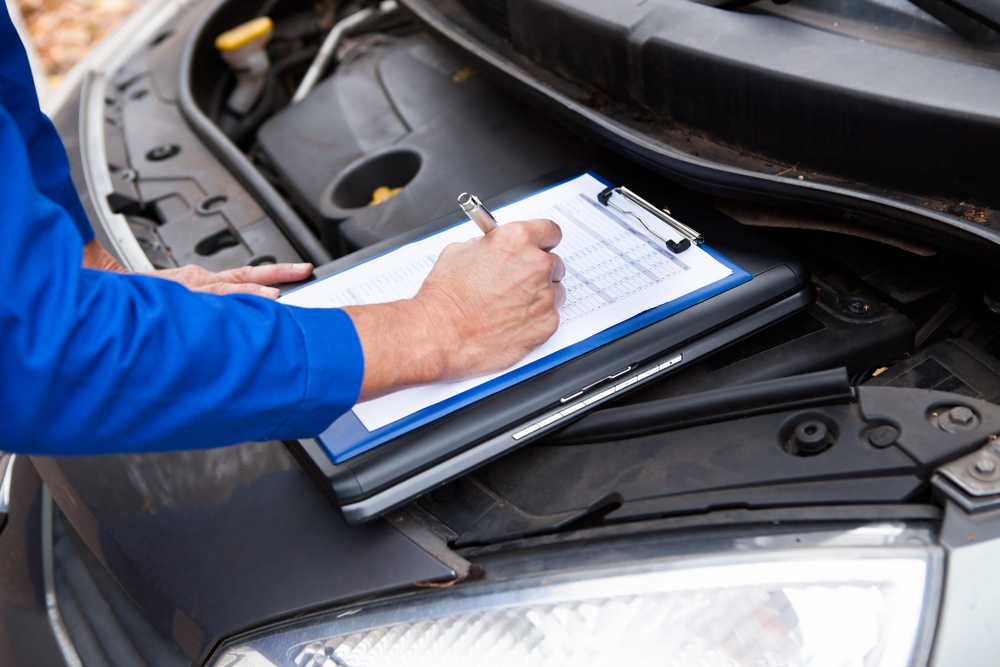
A vehicle with a detailed maintenance history is more likely to have been well cared for. These records show whether the car has received regular oil changes, brake inspections, and other important services, which can help predict its future reliability and repair costs.
Inspect the Interior
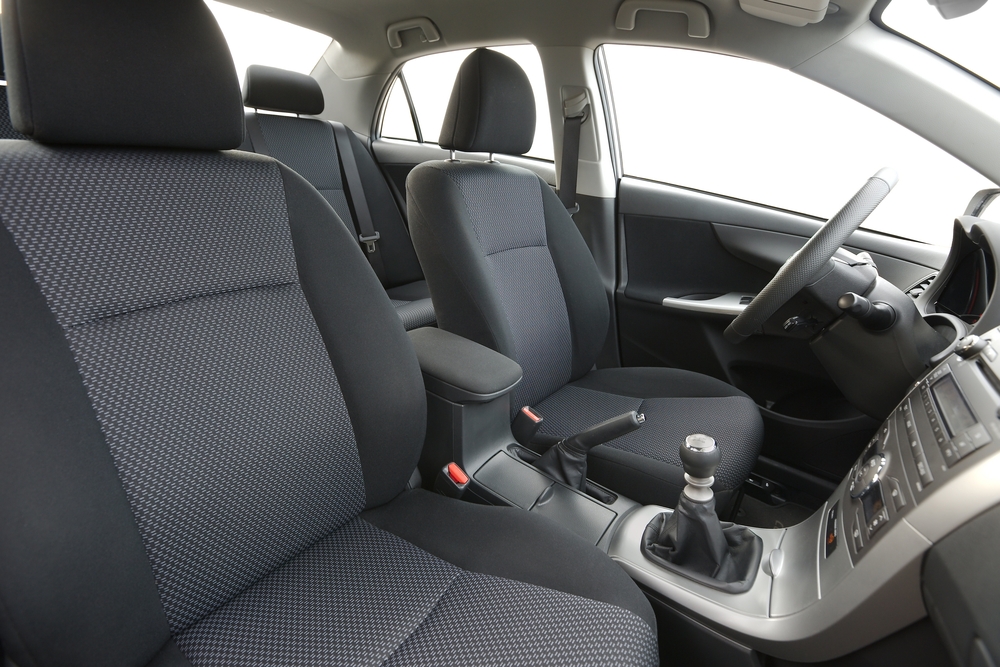
The condition of a car’s interior speaks volumes about its past owners. Check for wear and tear on the seats, dashboard, and carpeting, and test all electronic components such as air conditioning, heating, and infotainment systems. A well-maintained interior enhances comfort and resale value.
Look for Flood Damage

Cars that have been in floods may look fine on the surface but could have extensive hidden damage. Look for water stains, musty odors, or signs of corrosion under the seats and carpets. Flood damage can lead to long-term mechanical and electrical failures, making these cars a risky investment.
Negotiate the Price

Negotiation is a normal part of buying a used car, and having knowledge of the car’s market value, condition, and history can give you leverage. Don’t be afraid to point out any flaws or issues discovered during your inspection to justify a lower price. Being prepared can help you secure a better deal.
This article originally appeared in MyCarMakesNoise.
More from MyCarMakesNoise
20 Surprising Facts You Didn’t Know About Vintage Ferrari Models

Vintage Ferrari models are often celebrated for their elegance, speed, and innovation, but there’s more to these iconic cars than meets the eye. From unexpected design quirks to little-known moments in history, these cars hold a wealth of surprising facts. Read More
Top 25 Future Classic Cars to Invest In Now

In the ever-evolving world of automobiles, certain cars stand out not just for their performance and design but for their potential to become future classics. Investing in these vehicles now can yield significant returns down the road. Read More
15 Must-Have Features for Your Dream Sailing Yacht

Setting sail on a dream yacht is the epitome of luxury and adventure. Whether you’re a seasoned sailor or a newcomer to the yachting world, having the right features can make all the difference. Read More



